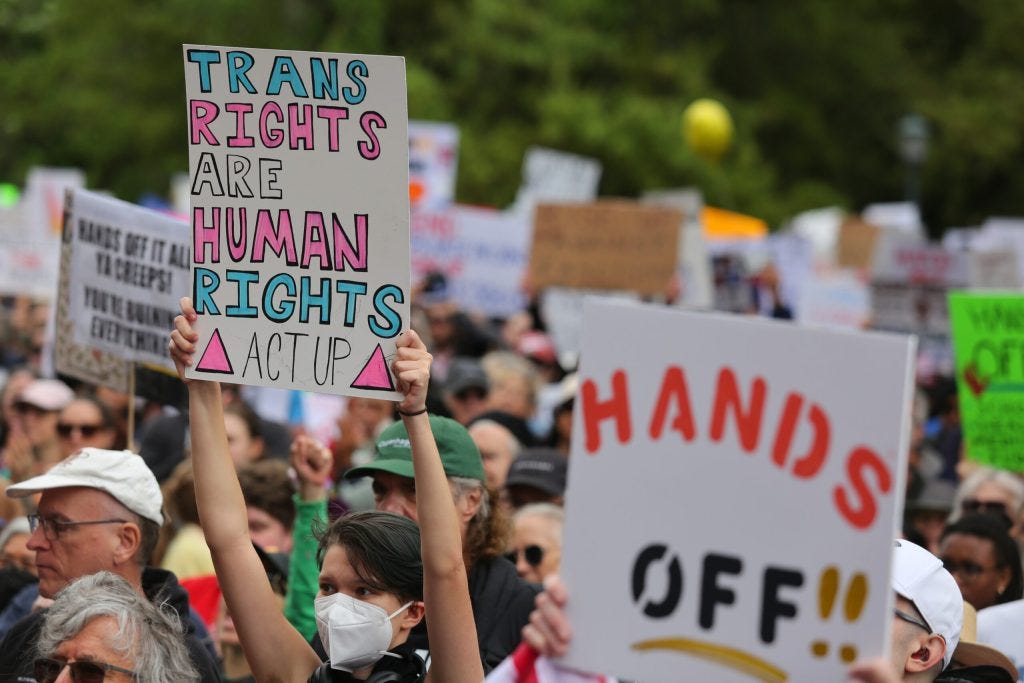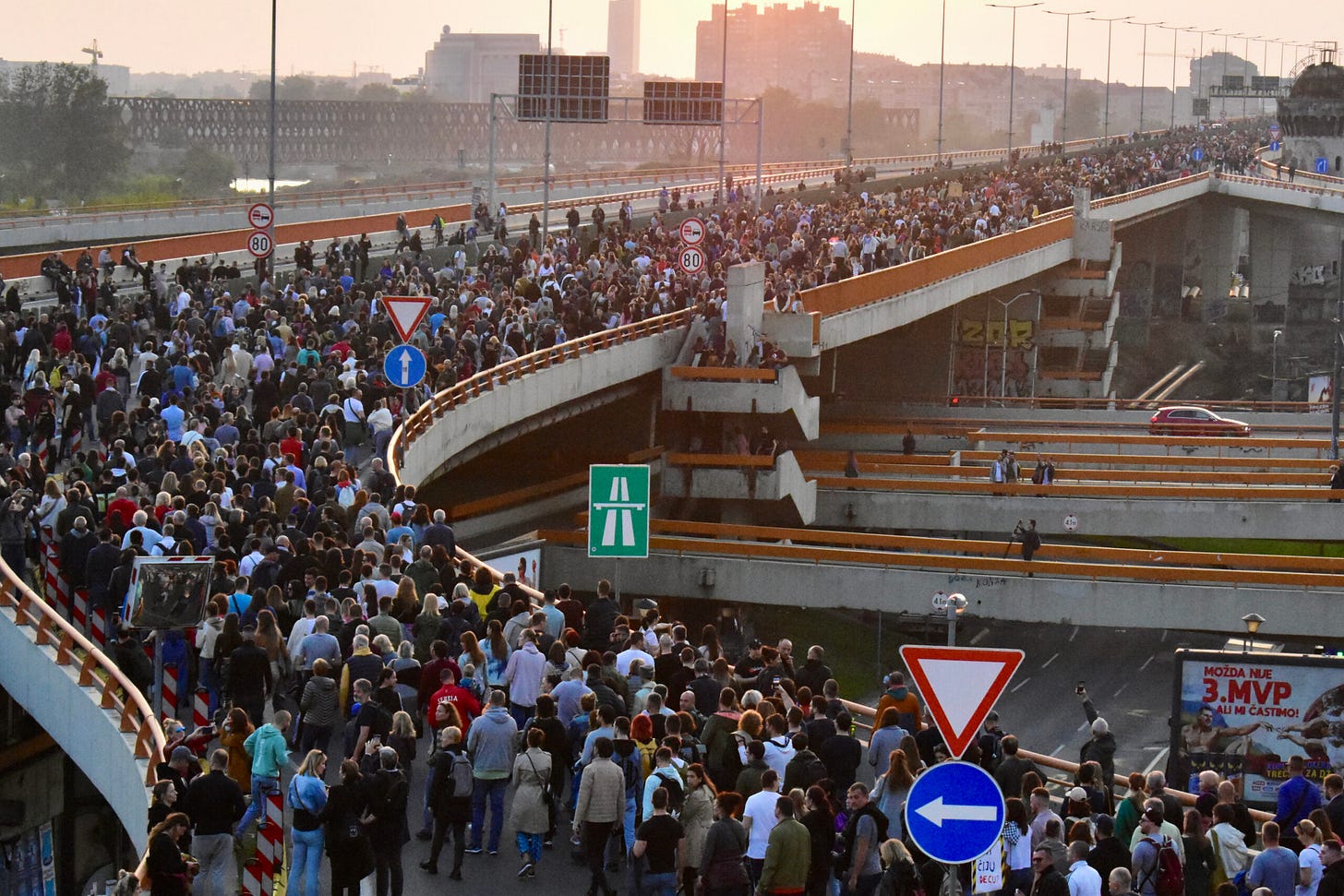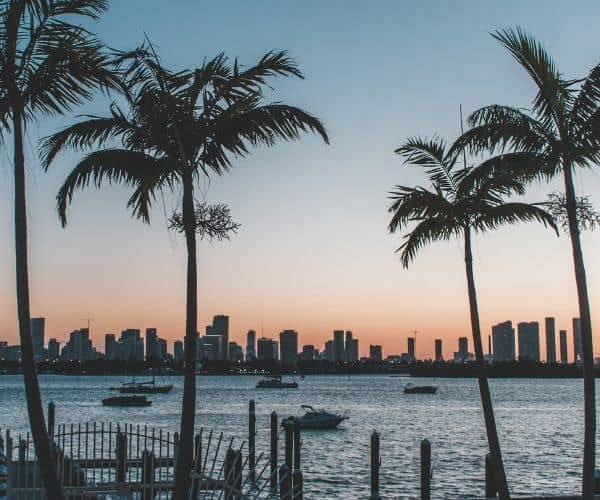Last month, more than 100,000 Serbians gathered in peaceful protest against government corruption. “What is really at stake in Serbia today,” Jorge González Arocha writes, “is not just a struggle against one corrupt government; it is part of a broader battle for democracy, social justice, and human rights in a world where authoritarianism has found new ways to legitimize itself.”
How do we take a stand when the ground is moving under us—or being swallowed up by the rising tide?
In Miami, the solution offered is one of “resilience,” a widely embraced, self-legitimating approach to urbanization. But as Lily Chishan Wong observes in her review of Stephanie Wakefield’s Miami in the Anthropocene, urban resilience projects often perpetuate the same crises they are supposed to manage.
And when it comes to defending trans Americans against right-wing attacks, Amelia Nonemacher argues, leftist commentators are basing their defense on a faulty premise: Critiquing these attacks as “disproportionate” suggests that there is such thing as a proportionate assault on trans rights.
The Left Needs a Better Defense of Trans People
Amelia Nonemacher
In the opening months of the Trump administration, the full power of the state has been deployed to suppress the rights of trans people to access healthcare, play sports, change their gender marker on official documents, and use public bathrooms, among other attacks. These policies have been critiqued by LGBTQ+ advocates in press conferences, social media posts, and op-ed pages, correctly calling out the unlawful discrimination and cruelty of the Trump administration. But leftists and progressives who care about trans rights should avoid the argument that these policies are cruel because the trans community makes up such a small percentage of the population.
Serbia’s Popular Protest Movement and Why It Matters
Jorge González Arocha
In recent months, Serbia has witnessed one of the most significant social movements in its entire history—and one of the most important in contemporary Europe led mainly by students. What began as a response to a tragic accident in Novi Sad that left 16 people dead quickly grew into a national movement questioning not only the government’s negligence but also the systemic corruption that has defined the administration of President Aleksandar Vučić. Responding with contempt and repression, the regime has tried to delegitimize the protesters’ demands and minimize their impact.
The Islandization of Miami
Lily Chishan Wong
Do cities have a place in our future? Geographers such as Stephanie Wakefield have identified urbanization as both driver and product of the Anthropocene, the “geological time impacted by human activities.” The uneven capitalist productions of urban spaces, along with operational landscapes required to sustain urban life—such as global supply chain and extraction sites—are deepening the manifold socio-ecological crises that characterize this “human epoch.” Yet city officials and planners posit that urban processes are solutions to the effects of climate change in the form of urban resilience—that is, the ability of infrastructure to absorb and govern climate problems to maintain socioeconomic status quo.






